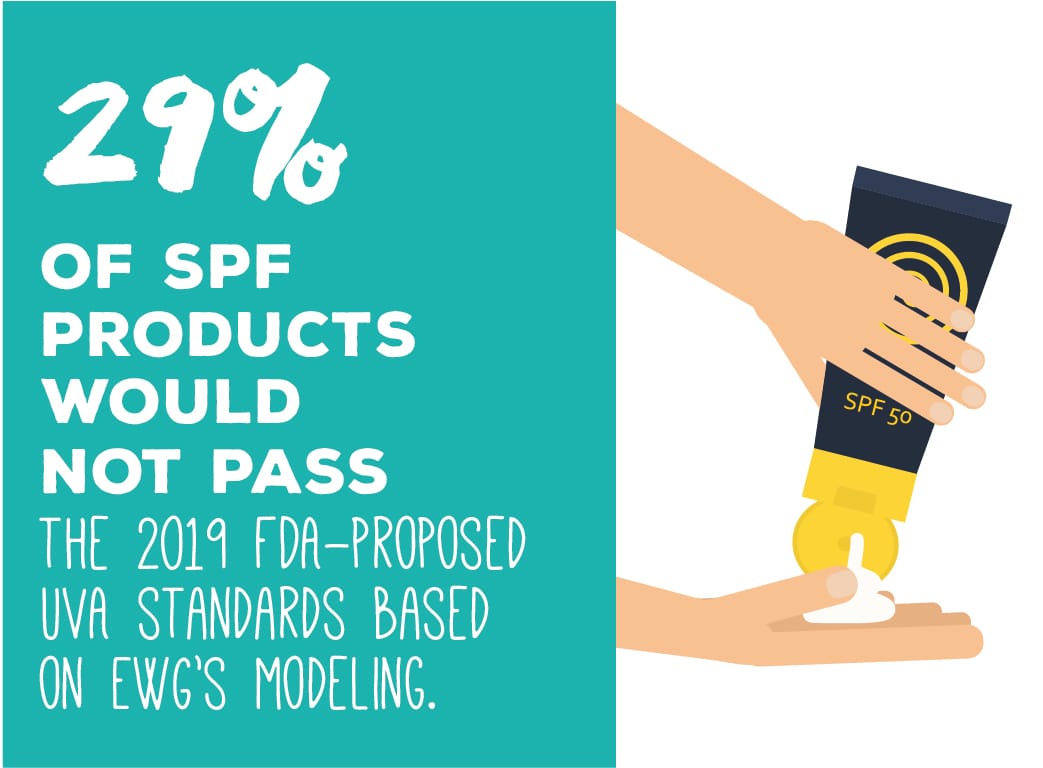

There are two kinds of UV radiation that affect your skin when you’re exposed to the sun: UVA and UVB. The truth is that sunscreens with an SPF of over 50 contain a higher dose of chemical filters." In addition, an SPF 60 sunscreen is not twice as effective as an SPF 30 sunblock, and that protection rate doesn’t increase proportionally with the SPF.Īccording to EWG's Annual Sunscreen Report, when used correctly, an SPF 30 sunscreen will block 96.7% of UVB rays, while an SPF 70 will block 98.5% of rays, representing an additional 1.8% increase in protection for over double the SPF value.Ģ. This is why some countries in Europe have capped SPFs at 50, and even 30. Because people assume they’re better protected with high SPFs, they tend to spend more time in the sun and reapply sunscreen less often–increasing the risk of sunburns, melanoma and other types of skin damage. Unfortunately, high SPFs can be highly misleading. In recent years, many sunscreen manufacturers have been marketing products with SPFs of 70 or even 100, deceiving consumers into thinking they are getting higher sun protection. A higher SPF doesn’t necessarily mean better protection Below are three reasons why a high SPF isn’t quite what it’s hyped up to be.ġ. There’s more to sunscreen than just its SPF value. So are higher SPF sunscreens really the best option for you and your family? The answer is no.

In addition, the recent cases of toddlers who have experienced serious second-degree burns due to the chemicals in some sunscreens show just how important it is to choose a natural and effective sunscreen for your family. Contrary to popular belief, the safety claims behind high SPF sunscreens are often disappointing.Īccording to the National Cancer Institute, the rate of new melanoma cases among American adults has tripled since the 1970s, despite the increase in sunscreen usage. While in theory a high SPF sunscreen (containing SPF index of 50+) should provide ultimate protection against sun damage, reality states otherwise. But the truth is that both the type of sunscreen and the SPF you choose can have a tremendous impact on your skin and your health. In fact, people typically buy a sunscreen based solely on its SPF. You probably have many friends and relatives who swear by sunscreen with a high sun protection factor (SPF)–which refers to how much sun protection a sunscreen provides to an average consumer–claiming it’s the safest way to protect their family from the sun’s harmful rays. Protect your family from the sun with your best ally this summer: a natural and effective sunscreen.īut with so many different types of sunscreens available on the market, how do you choose the best and most effective one for you and your family? Summertime is right around the corner! And while this time of year is all about spending quality time outdoors with your family, enjoying sunny days by the pool and playing in the backyard, one thing remains important: suncare protection.


 0 kommentar(er)
0 kommentar(er)
